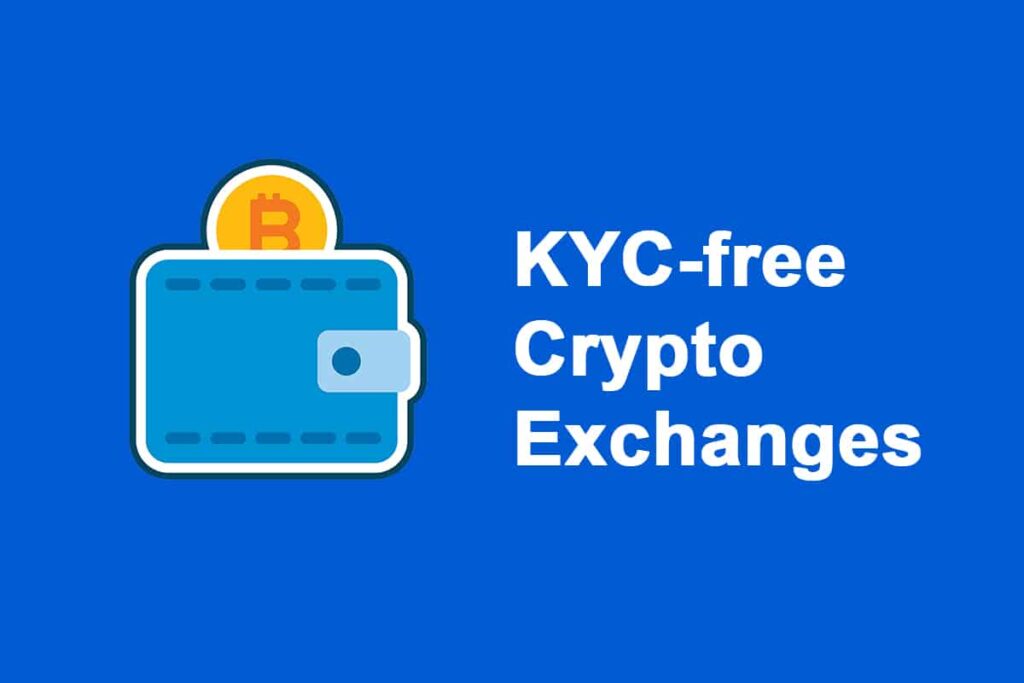Without Kyc Mexc
Table of Contents

Image Source: Reddit
Are you curious about non-KYC (Know Your Customer) / DEX (Decentralized) exchanges and their requirements? These exchanges allow you to trade cryptocurrencies without the need for identity verification or storing personal information. In this article, we will explore some examples of non-KYC exchanges and dive deeper into one popular platform that I frequently use.
Examples of Non-KYC / DEX Exchanges
Here are a few examples of non-KYC / DEX exchanges to consider:
- KuCoin: This exchange allows straightforward cryptocurrency swaps, but KYC verification is necessary to convert from FIAT to crypto.
- Pancakeswap: Built on the BNB chain, Pancakeswap enables users to connect their wallets, such as Metamask, and earn native token rewards by staking their funds in the liquidity pool.
- Uniswap v2: This liquidity staking platform enables traders to swap ERC-20 tokens on the Ethereum blockchain.
- Uniswap v3: The advanced version of Uniswap, it offers enhanced security, efficiency, and decentralization. Check out the Uniswap V3 vs V2 article for a detailed comparison.
- Localmonero: This platform facilitates peer-to-peer cash swaps for Monero, similar to the now-defunct Localbitcoins for Bitcoin.
- Tradeogre: A decentralized non-KYC exchange where you can purchase and sell cryptocurrencies and altcoins using Bitcoin or USDT.
Additionally, wallets like AtomicDEX, Edge Wallet, Exodus, and CakeWallet provide built-in exchange services that allow you to swap cryptocurrencies while maintaining privacy and not requiring KYC verification.
It’s essential to research each of these exchanges for more information and remember to “Do Your Own Research” (DYOR) before engaging in any transactions.
Benefits of Non-KYC/DEX Exchanges
Non-KYC/DEX exchanges offer several advantages:
- Access for Restricted Regions: These exchanges make it possible for users in countries where cryptocurrencies are banned to trade without restrictions.
- Preserving Peer-to-Peer Vision: Satoshi Nakamoto’s vision of peer-to-peer electronic cash transactions without relying on financial institutions is better fulfilled through non-KYC exchanges. Unlike centralized exchanges (CEX), which still involve banking systems, non-KYC exchanges maintain the essence of direct transactions.
- Enhanced Privacy and Security: Personal data is less likely to be hacked since non-KYC exchanges do not store user details.
- Lower Trading Fees: Generally, fees are lower on non-KYC exchanges compared to CEX platforms.
- Access to Unique Altcoins: Non-KYC exchanges often list altcoins that may not be available on CEX platforms. However, it’s important to be cautious of potential scams within the altcoin space.
Benefits of KYC/CEX Exchanges
While non-KYC exchanges offer distinct advantages, it’s important not to overlook the benefits of KYC/CEX exchanges:
- Fiat On-Ramp and Off-Ramp: KYC exchanges enable users to convert fiat money into cryptocurrencies and vice versa, making them crucial entry points for newcomers to the crypto world.
- Higher Liquidity: Centralized exchanges generally offer greater liquidity, making it easier to make quick purchases and trades compared to non-KYC exchanges.
Exploring Tradeogre: A Non-KYC Exchange
An excellent example of a non-KYC exchange is Tradeogre. To begin using Tradeogre, you need to register with your email and password. Additionally, setting up Google Authenticator on your mobile device is necessary for logging in and securing your transactions. Upon visiting the site, you’ll need to navigate through two pages of image captchas.
When transacting on Tradeogre, I recommend using fully fungible and private cryptocurrencies like Monero instead of Bitcoin. However, if speed is your priority, you can opt for Litecoin. Remember to convert your funds into Bitcoin or USDT to purchase altcoins.
For Monero trading, you can also explore MEXC, a KYC exchange. Check out MEXC’s XMR/USDT trading pair after registering and signing in.
If you want to see an example of purchasing Pirate Chain on Tradeogre, check out this helpful video. For any support-related inquiries, reach out to Tradeogre’s Twitter page. They have been prompt and reliable according to my experience.
Lastly, remember to secure your crypto assets by moving them to your own wallet. As the saying goes, “Not your keys, not your crypto.” Safeguard your private keys by writing them on a physical medium and storing them securely.
Avoid becoming a victim of exchange failures by maintaining control over your funds!